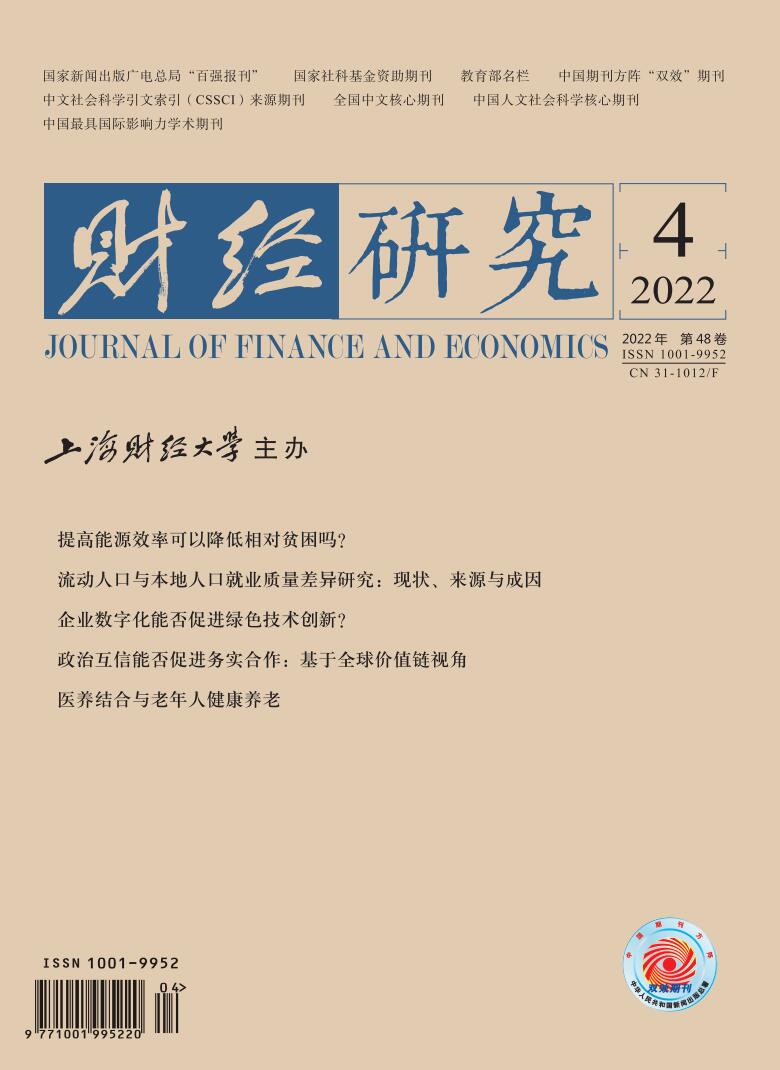Chinese state leaders have repeatedly mentioned “promoting pragmatic cooperation with political mutual trust” on public occasions. Political mutual trust has a very close relationship with cooperation in various fields between countries. Existing research has shown that bilateral relations between countries have an important role on economic and trade exchanges. However, on the one hand, existing research focuses on the impact of changes in national relations on the total trade volume, and has not considered the existence of the international division of production caused by the development of global value chain (GVC). The domestic value-added in export trade is the real value of a country’s exports, and whether political mutual trust can increase the real trade gains of exporting countries has not yet received attention. On the other hand, as an important part of international cooperation, GVC production cooperation has been greatly influenced by the new trade protectionism and the COVID-19 pandemic in 2019. In this context, whether political mutual trust can promote GVC cooperation needs to be studied in depth.
We conduct research on the above issues and find that: First, enhancing political mutual trust has a significant promotion effect on value-added export trade, and its impact on domestic value-added trade is greater than that on foreign value-added trade. This result reflects that enhancing political mutual trust can effectively increase a country’s real trade gains. Second, political mutual trust has a greater impact on the trade of intermediate products than final products, and it has a greater impact on the manufacturing industry which is deeply involved in the value chain than the service industry. This shows that enhancing political mutual trust plays a positive role in promoting GVC cooperation. Third, the way of enhancing political mutual trust to increase the real trade gains of exporters is mainly caused by promoting the use of more domestic value-added for production. Fourth, political mutual trust can promote international trade and GVC cooperation by alleviating the adverse effects of economic policy uncertainty and national governance risks in export destination countries.
The main contributions of this paper are as follows: First, based on the perspective of GVC, it examines the impact of political mutual trust on value-added trade and GVC cooperation. Second, it thoroughly explores the impact of political mutual trust on the real trade gains of exports, identifies the source of trade gains, and analyzes the mechanism. Third, it uses global multi-country samples for analysis, which makes up for the shortcomings of the existing literature that is mainly aimed at a single country or a few countries.





 3958
3958  4401
4401

